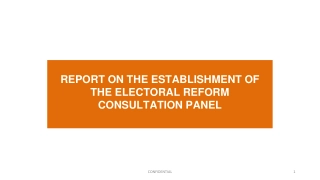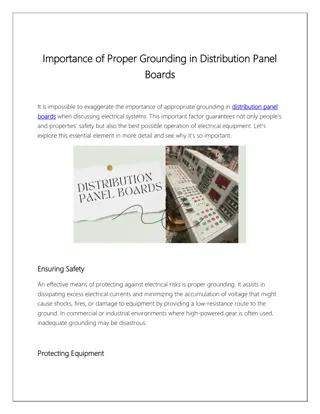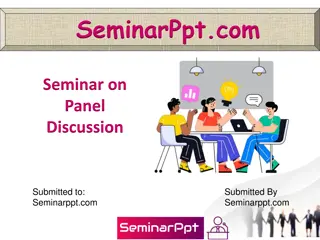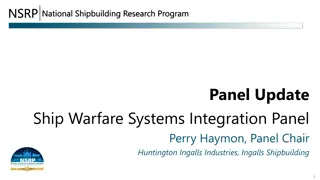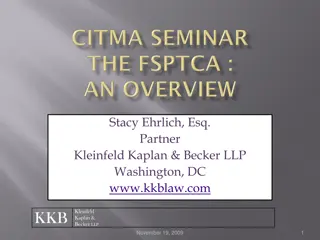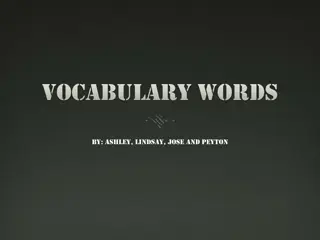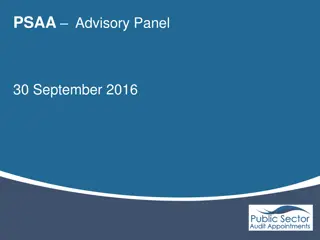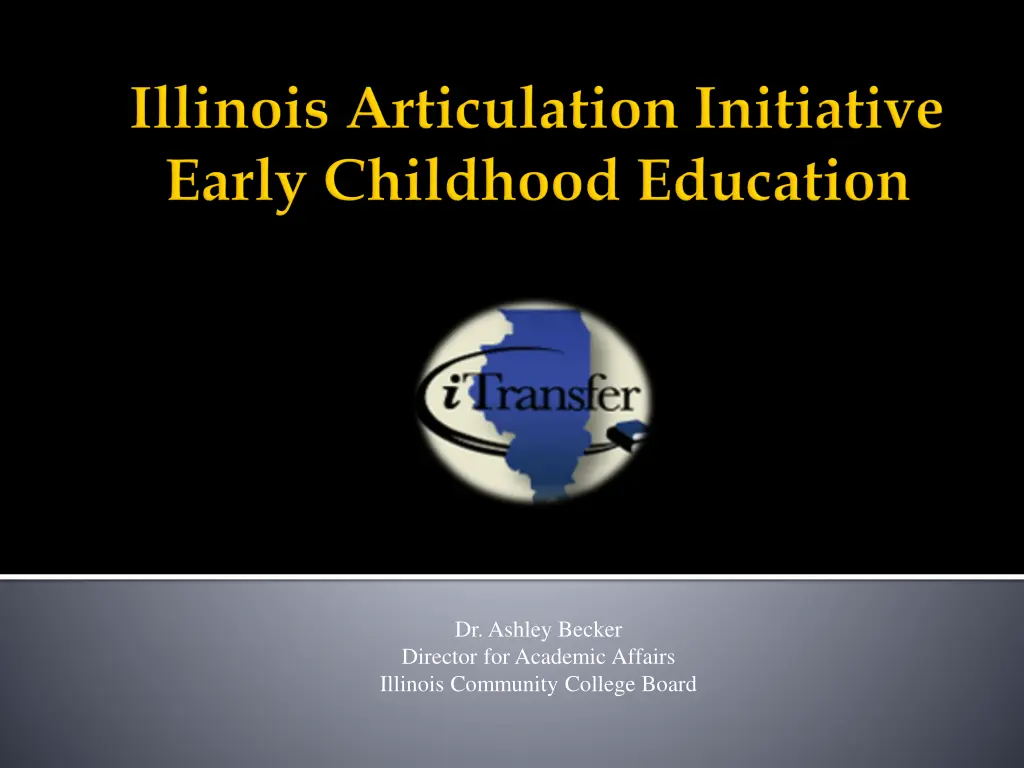
Transfer Education in Illinois
Explore the transfer education system in Illinois, focusing on the partnership between 2-year and 4-year institutions, faculty responsibilities, and the role of the Illinois Articulation Initiative (IAI) in facilitating seamless transfer for students. Learn about the categories of transfer students, faculty involvement in course articulation, and the evaluation process for course approval by IAI panels.
Download Presentation

Please find below an Image/Link to download the presentation.
The content on the website is provided AS IS for your information and personal use only. It may not be sold, licensed, or shared on other websites without obtaining consent from the author. If you encounter any issues during the download, it is possible that the publisher has removed the file from their server.
You are allowed to download the files provided on this website for personal or commercial use, subject to the condition that they are used lawfully. All files are the property of their respective owners.
The content on the website is provided AS IS for your information and personal use only. It may not be sold, licensed, or shared on other websites without obtaining consent from the author.
E N D
Presentation Transcript
Dr. Ashley Becker Director for Academic Affairs Illinois Community College Board
1960s 1970s-1980s Late 1980s 1990 1998 Universities begin making changes in their gen. ed. requirements Committee on the Study of Undergraduate Education IAI General Education Core Curriculum into effect Articulation Compact Articulation Panels Purpose of IAI: To facilitate transfer & baccalaureate degree completion among Illinois students
There are four basic categories of transfer students. Students who know their intended transfer institution and their major. Students who have an intended transfer institution but are undecided about a major. Students who know their major, but not their intended transfer institution. Students who know neither their intended transfer institution nor their major.
2-year and 4-year institutions are equal partners in educating freshmen and sophomores in Illinois Faculty members should take primary responsibility for developing and maintaining program and course articulation Institutions must work together to assure that lower-division courses at both 2-year and 4-year institutions are comparable in scope, quality, and academic rigor
Approximately 400 faculty members, transfer coordinators, and academic officers from 111 regionally -accredited Illinois institutions serve on IAI General Education and Major panels. Institutional participation is voluntary 111 Illinois regionally-accredited institutions 98 full-participation schools 48 public community colleges 11 public universities 39 independent 2- and 4-year colleges & universities 13 receiving-only schools Nearly 350 faculty members serve on 6 General Education panels and 18 Major panels
IAI faculty panel members approve a number of different course identifiers per panel Course title, description, student learning outcomes IAI code Institutions are invited to submit a course to one of the panels for evaluation IAI faculty panels evaluate the scope, quality, and academic rigor of the course May grant course an IAI code
Agriculture Art Biology Business Chemistry Computer Science Criminal Justice Engineering English Mathematics Physics Political Science Psychology Sociology Theater Arts History Industrial Technology Mass Communications
Facultydriven Major Panels provide recommendations of 1 to 4 freshman/sophomore level major courses for prospective transfer students who have decided on a major but not a transfer institution. The iTransfer website (www.itransfer.org) provides suggested course plans for several common majors for these students. Once a transfer school decision has been made, students are strongly encouraged to meet with admissions and advising representatives at the receiving school early in the process. The recommendations of the IAI Major Panels were formalized through the Major Directive Initiative, via a 3-tier process, between Fall 10 and Spring 12. Next Steps for this initiative include: Inviting Private Universities to agree with the recommendations of each major. Working with panels and universities where agreements did not occur.
Quality Control Scope, quality, and academic rigor Innovation in the field
The Early Childhood Education Major Panel was reconvened in the Summer of 2014. The ECE Major Panel began reviewing courses this Spring. The ECE Major Panel is in the process of developing a second recommended course to be accept as credit toward the major at the receiving institutions.
ECE 912- Child Growth and Development So far three colleges have been approved to offer this course starting in the Fall of 2015.
Currently the ECE panel is working on creating their second descriptor. The panel hopes to have a second descriptor ready for the 2015 Fall submission. The panel is also working on creating their course approval criteria. This criteria will assist institutions when submitting their courses to the panel. The panel is also working with an outside work group on the alignment of the Gateways Credentials to institutional programs. This work has been on ongoing work in progress for about one year.
Malinda Aiello Assistant Director for Academic Affairs Illinois Board of Higher Education Ashley Becker, Ph.D. Director for Academic Affairs Illinois Community College Board

